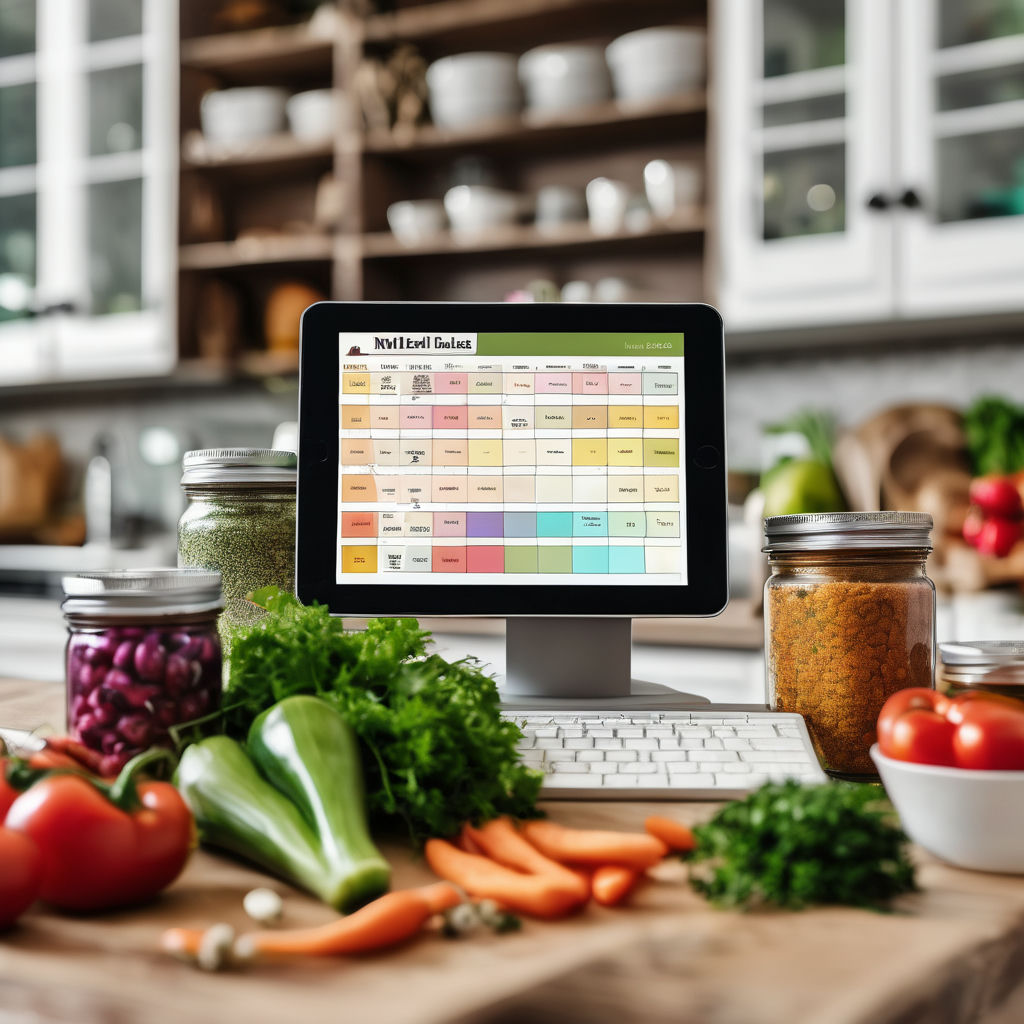
The Smart Way to Plan Your Week: How AI Meal Planners Save Time and Reduce Food Waste
Have you ever stood in front of your refrigerator on a Tuesday evening, overwhelmed by what to cook? You're staring at half-empty containers, wilting vegetables, and the mental exhaustion of deciding what to make for dinner yet again. This daily decision-making drain—what experts call decision fatigue—is one of the biggest obstacles to consistent, healthy cooking at home.
The problem isn't just about what's for dinner. It's about the cumulative weight of countless small decisions: what ingredients to buy, how to use them before they spoil, whether you have everything on hand, and fitting meals around your schedule. By the time you've worked through a full day, your brain is simply too tired to navigate all of these choices effectively.
This is where an AI meal planner enters the picture. Rather than requiring you to brainstorm menus from scratch each week, these intelligent systems learn your tastes, dietary preferences, and cooking habits to generate personalized meal plans automatically. The result? You spend less mental energy on planning and more time enjoying the actual cooking.
How AI Meal Planners Work
An AI meal planner analyzes multiple data points: your food preferences, dietary restrictions, available ingredients, cooking skill level, and even the time you have to spend in the kitchen. It then suggests recipes that align with all these factors simultaneously—something that would take you hours to do manually.
The smart part comes next. Instead of just suggesting random recipes, the system optimizes them to work together. It considers which ingredients appear in multiple recipes so you're buying and using the same items throughout the week, naturally reducing waste. If you buy fresh herbs for Monday's pasta, you can use them again in Wednesday's salad and Thursday's stir-fry.
Cutting Through Decision Fatigue
Decision fatigue is real, and it compounds throughout the week. Psychologists have found that we have a limited capacity for making quality decisions each day. The more decisions we make, the worse we become at making them. This is why by Wednesday evening, you're more likely to order takeout—not because you lack willpower, but because your decision-making resources are depleted.
An AI meal planner removes the heavy lifting from this equation. Instead of starting from zero, you're working with a curated selection of recipes tailored to you. You're not choosing between thousands of options; you're reviewing a personalized handful that actually work with your schedule and ingredients on hand. This focused approach lets you make better decisions faster.
The Food Waste Factor
According to the USDA, the average American family throws away about 238 pounds of food each year. Much of this waste stems from impulse grocery shopping and poor meal planning. You buy ingredients with good intentions, then forget about them or lose interest in the original recipe idea.
An AI meal planner tackles this from both angles. First, it works from what you already have. Many systems include a pantry management feature where you log your current ingredients. The algorithm then prioritizes recipes using what's already in your kitchen before suggesting new purchases. Second, it creates shopping lists based on actual recipes you'll prepare that week, eliminating the random items that typically go to waste.
The math here is straightforward: less food waste means lower grocery bills and less impact on the environment.
Personalization That Actually Works
Unlike generic meal plans you might find in magazines or online, an AI meal planner gets smarter the more you use it. You rate recipes, mark your favorites, and indicate what didn't work. Over time, the system becomes increasingly accurate at predicting what you'll actually enjoy and prepare, rather than what might look good in a photo.
This personalization matters because consistency is key to healthy eating. You're far more likely to stick with a meal plan featuring foods you genuinely want to eat than one based on what some nutritionist thinks you should want.
Practical Time Savings
Beyond the mental relief, an AI meal planner saves concrete time each week. No more scrolling through recipe sites for 30 minutes. No more multiple shopping trips because you forgot something. No more opening your fridge at 6 PM and wondering if those vegetables are still good.
The system handles the logistics—meal selection, ingredient coordination, and shopping list generation—leaving you to focus on the parts of cooking that matter: actually preparing good food and enjoying meals with your family.
Getting Started
The beauty of using an AI meal planner like FoodiePrep is that you don't need to overhaul your entire kitchen routine overnight. Start by importing your current favorite recipes, noting your dietary preferences, and letting the system suggest your first week of meals. As you interact with it—rating recipes, updating your pantry, adjusting preferences—the recommendations become increasingly aligned with your actual cooking life.
Moving Beyond the Daily Grind
Cooking should be something you look forward to, not another source of stress. By letting AI handle the planning, you reclaim mental bandwidth for what actually matters: enjoying the food you make and the people you share it with. The weekly meal planning routine becomes less about managing endless choices and more about executing a personalized plan designed specifically for you.